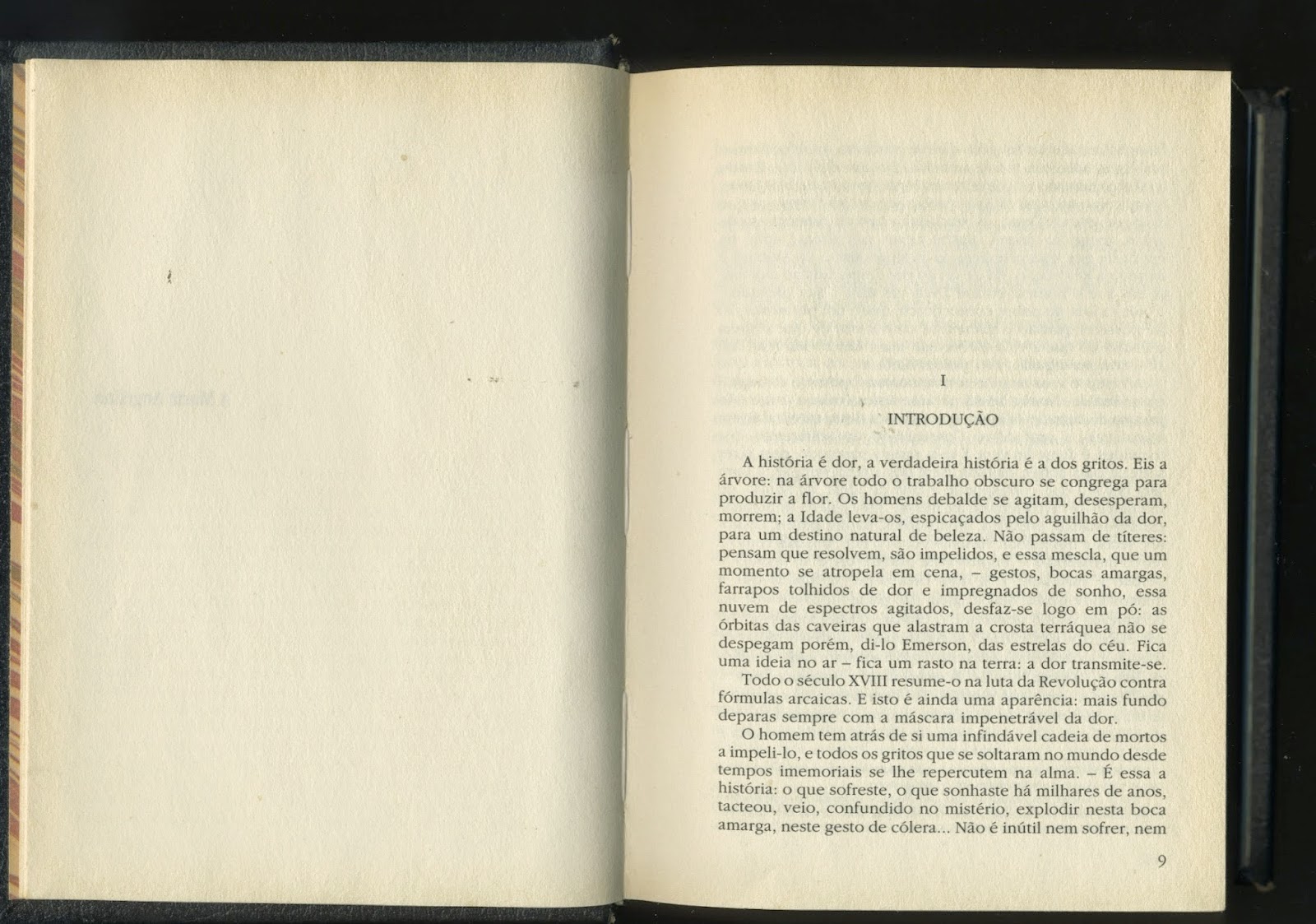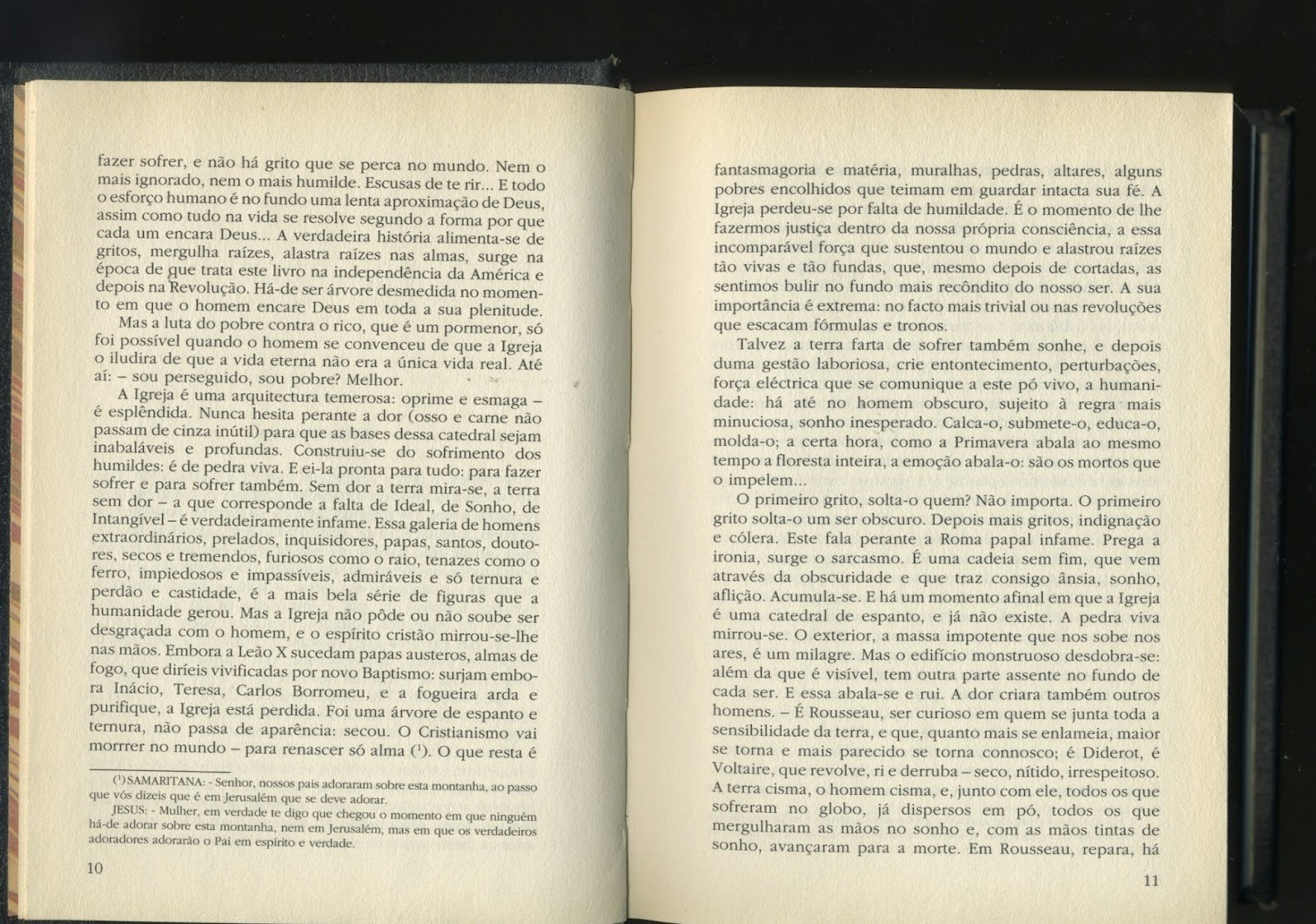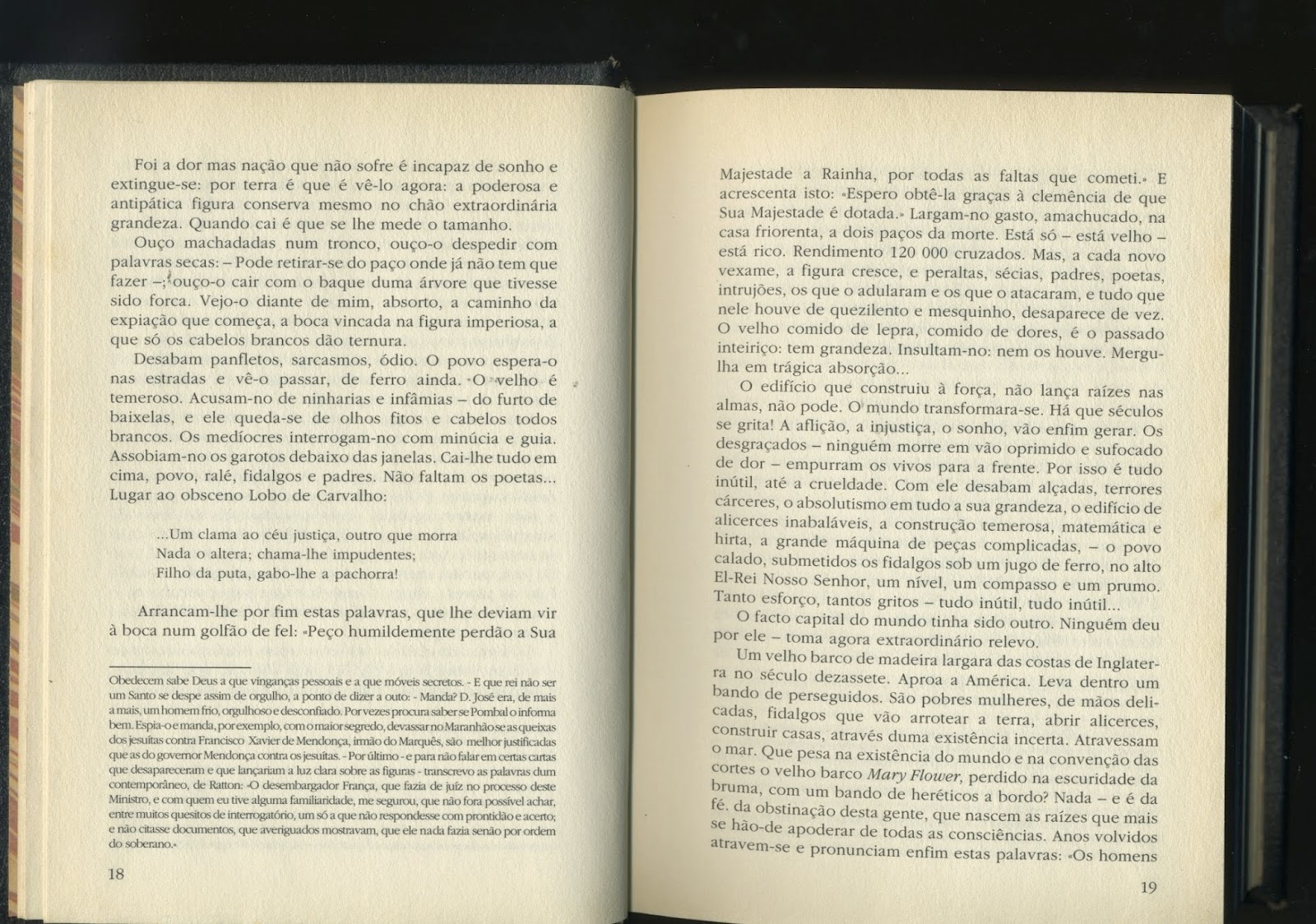 |
| Tragic Week (end of July 1909) |
The young barbarians (jóvenes bárbaros) who supported the Radical Party leader Alejandro Lerroux went wild and outhers followed, with church burning and forms of desecration such as the famous incident of a worker dancing with a desinterred nun. Such symbolic violence was the reaction of a people traumatized by intense superstition. much of the teaching of the Spanish Catholic Church sounded appropriate to the Dark Ages and this mental repression, together with the political role played by ecclesiastical authorities, made the Church rank with the civil guard as the first target of an uprising. Some half a dozen people were killed during this disturbance, but when the army arrived to restore order there was a massacre.
(Beevor)
1936
 |
| Toledo, 1936 |
 |
Toledo, 1936
|
The Spanish war saw many terrible acts, but it was those of a religious significance that tended to prevail in people´s minds: "reds" killing priests and disinterring the mummies in convent vauls; it was even said that Dolores Ibárruri; La Pasionaria, had bitten the jugular of a priest; or Carlist requetés making a republican lie in the form of a cross before hacking off his limbs to the cry of "Viva Cristo Rey!!!".
If people in other countries were reminded of the Thirty Years´War, or the religious persecutions of the Dark Ages, and shuddered at this "new barbarism", it was not surprising. The slaughter did not follow the same pattern on each side. In nationalist territory the relentless purging of "reds and atheists" was to continue for years, while in the republican territory the worst of the violence was mainly a sudden and quicky spent reaction of suppressed fear, exacerbated by desires of revenge for the past.
The attackson the clergy were bound to cause the greatest stir abroad, where there was little understanding of the Church´s powerfull political role. The Catholic Church was the bulwark of the country´s conservative forces, the foundation of what the right defined as Spanish civilization . Not surprisingly, the outside world had a fixed impression of Spain as a deeply religious country. The jest of the Basque philosopher Unamuno, that in Spain even atheists were Catholic, was taken seriously. Centuries of fanaticak superstition enforced by Inquisition had engraved this image on European minds. Even so it was surprising how few foreign newspapers made the connection between the religious repression dating back to the Middle Ages and the violent anti-clericalism that developed in the nineteenth century. The rage wich led to such excesses in some areas was fired by one great conviction: the promise of heaven for the meek was the age-old trick by the rich and powerful to make the poor accept their lot on earth. For the anarchists, at least, the Church represented nothing less than the psychological operations branch of the state. As such it was a target which ranked in importance with the Civil Guard. (...)
The most sensational item of propaganda in the world press involved the raping of nuns, yet the detailed nationalistic indictment of republican crimes published in 1946 offers no evidence for such incident, while hinting at only one.
There were certainly occasions when wanton cruelty was inflicted on priests bedore they died, particularly in Aragón, Catalonia and Valencia. Some were burned to death in their churches and there are reports of castration and disembowelment, and that some were buried alive after being made to dig their own graves. Many more churches were set alight and vandalized . Copes were used for mock bullfights in the street. A republican who dressed himself in the archbishop of Toledo´s ceremonial garnments as a joke was nearly shot by a drunken miliciano who mistook him for the primate. Communion wine was drunk out of chalices, stain-glass windows were broken and militiamen shaved in the fonts. (...)
The killing of the clergy was far from universal and with the exception of the Basque country, where the church was untouched, there was no marked regional pattern. In depressed areas the priests were often as poverty-stricken and ill-educated as their ill- parishioners. Those who had taken as much trouble over burying the poor as the rich were often spared.
(Beevor)
The most sensational item of propaganda in the world press involved the raping of nuns, yet the detailed nationalistic indictment of republican crimes published in 1946 offers no evidence for such incident, while hinting at only one.
There were certainly occasions when wanton cruelty was inflicted on priests bedore they died, particularly in Aragón, Catalonia and Valencia. Some were burned to death in their churches and there are reports of castration and disembowelment, and that some were buried alive after being made to dig their own graves. Many more churches were set alight and vandalized . Copes were used for mock bullfights in the street. A republican who dressed himself in the archbishop of Toledo´s ceremonial garnments as a joke was nearly shot by a drunken miliciano who mistook him for the primate. Communion wine was drunk out of chalices, stain-glass windows were broken and militiamen shaved in the fonts. (...)
The killing of the clergy was far from universal and with the exception of the Basque country, where the church was untouched, there was no marked regional pattern. In depressed areas the priests were often as poverty-stricken and ill-educated as their ill- parishioners. Those who had taken as much trouble over burying the poor as the rich were often spared.
(Beevor)













